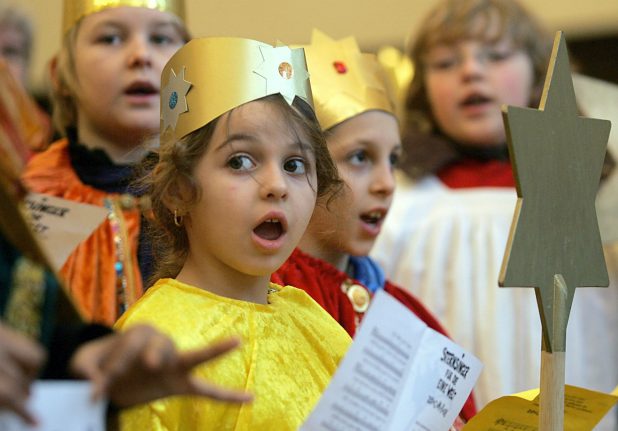1. Mavrick – Remedy
Though his voice isn’t as remarkable as The Local favourite, Elias, things look good for this twenty-something from Stockholm – his occasionally hyperactive but always soulful pop is being tipped for big things in 2016.
2. The Glorias – Better Off This Way
We like an underdog at The Local. The Glorias come from way up north in Boden and mislabel their YouTube videos so badly that we were the first viewer of this slightly wayward nugget of metallic dance pop. And it's really very good.
3. Tula – River
This lovely song (imagine Massive Attack covering Suzanne Vega’s Luka) crept out unobserved in April but its use in a French perfume commercial has reignited interest. And rightly so.
4. Erik Hassle – Smaller
Hassle was tipped for big things a few years ago but he’s not really broken through, not even in his native Sweden. This unfortunate state of affairs doesn’t detract from the fact that he makes rather brilliant, hand-clappy soul-pop.
5. Francis – Follow Me Home
Lush country-rock, the like of which Swedes do surprisingly well. Francis hail from Dalarna and vocalist Petra Mases has a hint of the Maria McKees about her.
6. Dolores Haze – Touch Me
The original version of this titanic electro-pop remix was a tedious gothy dirge. This is a truly remarkable transformation.
7. Little Jinder – Hångellåten
Josefin Jinder’s melancholic pop has taken off this year and this warm, sad cloud of a song is the perfect way to end our selection for the last month of 2015.



.jpg)
 Please whitelist us to continue reading.
Please whitelist us to continue reading.